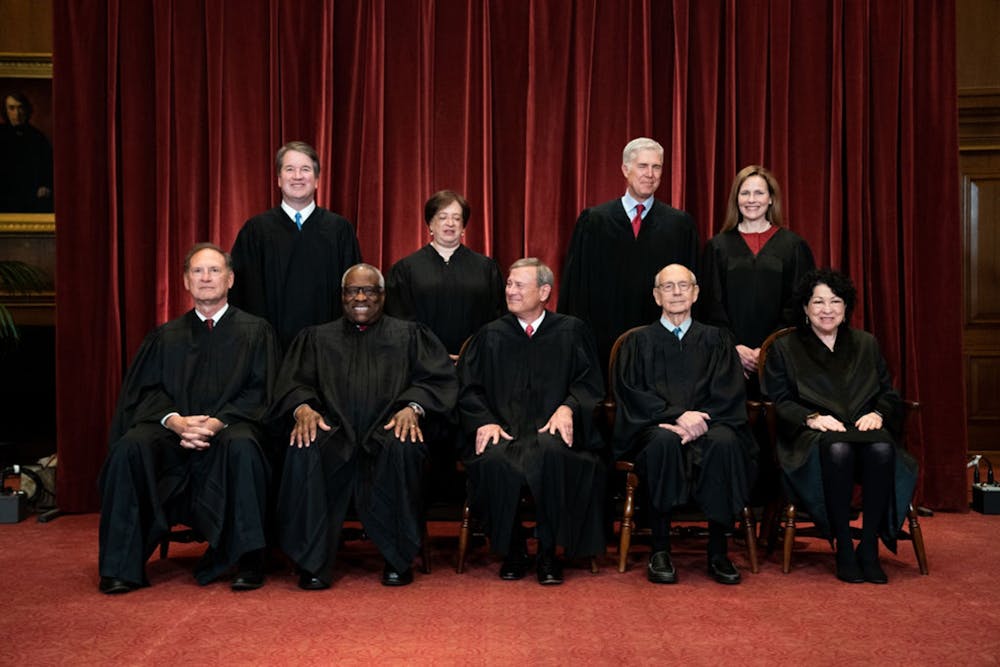On Jan. 27, Justice Stephen Breyer announced he would retire from the U.S. Supreme Court, paving the way for President Joe Biden to appoint a new justice.
Breyer’s retirement will have profound impacts in the arena of college sports litigation. In the past, Breyer has argued for the preservation of college sports and fought against changes in how they operate. His retirement means the NCAA has lost its most vocal supporter in the nation's highest court.
In NCAA v. Alston, argued last March, Breyer thought the Court was forcing unjust changes in college sports.
The case revolved around the potential violation of antitrust laws by the NCAA as the organization attempted to limit how much universities could compensate athletes for academic-related expenses.
Justice John Stevens wrote that the NCAA should be owed “ample latitude” in determining the boundaries of amateurism for college athletes in an earlier court decision. He said college sports differ from other businesses and should be applied to different standards in how antitrust laws apply. Breyer agreed.
“The reason [the Alston case] is so tough,” Breyer said, “is ... this is not an ordinary product. This is an effort to bring into the world something that’s brought joy and all kinds of things to—to millions and millions of people, and it’s only partly economic.
“So I worry a lot about judges getting into the business of deciding how amateur sports should be run. And I can think of ways around that ... You could just say it’s a different kind of product.”
Breyer eventually ruled in favor of Alston, alongside his fellow members on the bench.
It's unclear how the framing of this case impacted Breyer's final decision, and more progressive solutions to college sports operations could have potentially changed this case's unanimous outcome. Breyer's support of the NCAA — especially when it comes to compensation limits for athletes — was made clear during oral arguments.



